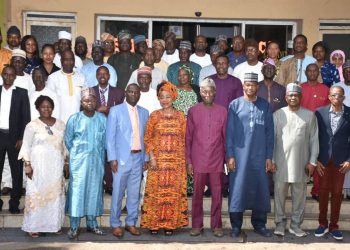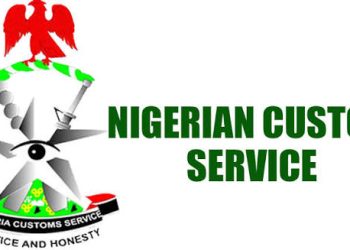By Nkechi Eze
The Nigerian Communications Commission (NCC) has issued a new regulatory directive mandating all licensed telecom operators in the country to publicly inform consumers of any major service outages on their networks. The directive, aimed at improving transparency and enhancing consumer experience, requires operators to use media channels to disclose the cause of the outage, the areas affected, and the expected duration before services are restored.
According to the directive issued by Mrs. Nnenna Ukoha, Acting Head, Public Affairs at the NCC, telecom licensees including Mobile Network Operators (MNOs), Internet Service Providers (ISPs), and other last-mile service providers are also expected to provide proportional compensation, such as extension of service validity, to affected consumers in accordance with the Consumer Code of Practice Regulations. This compensation applies where a major outage lasts more than 24 hours.
The directive, titled “Reportage of Major Network Outages by Mobile Network Operators,” also requires that where outages are planned, consumers must be notified at least one week in advance.
The NCC defined a major outage under three specific categories. These include any operational issue such as fibre cuts due to construction, theft, vandalism, or force majeure that affects five percent or more of the operator’s subscriber base or disrupts service in five or more Local Government Areas (LGAs). It also includes unplanned outages or total isolation of network resources affecting 100 or more base stations, or five percent of the total number of sites, whichever is lower, for 30 minutes or more. Additionally, any outage that degrades service quality in the top ten states based on traffic volume as determined by the NCC is considered major.
In line with this development, all major outages must now be reported by operators through the Commission’s Major Outage Reporting Portal. The portal is publicly accessible via the NCC’s official website, www.ncc.gov.ng, and will also identify the entities responsible for service disruptions.
Speaking on the importance of the initiative, the Director of Technical Standards and Network Integrity at the NCC, Engr. Edoyemi Ogor, said the Commission has already trialled the outage reporting process and the digital portal with telecom operators for several months prior to issuing the formal directive.
“By providing consumers and stakeholders in the telecommunications industry with timely and transparent information on network outages, we are entrenching a culture of accountability and transparency,” Engr. Ogor stated.
He emphasized that the new directive aligns with the Federal Government’s Executive Order signed by President Bola Ahmed Tinubu, which designates telecommunications infrastructure as Critical National Information Infrastructure (CNII). According to him, the regulation is part of the Commission’s broader commitment to protecting telecom assets, which play a vital role in national security, economic resilience, and the daily lives of Nigerians.
Engr. Ogor concluded that the public disclosure of outage incidents and the identification of culprits behind service disruptions are essential in deterring sabotage and reinforcing trust in the country’s digital infrastructure.















